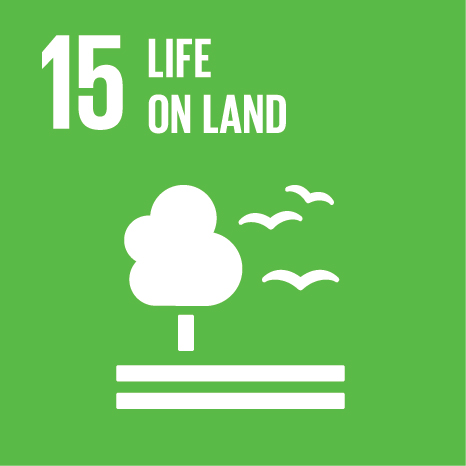Ciência_Iscte
Publications
Publication Detailed Description
Journal Title
European Sociologist
Year (definitive publication)
2020
Language
English
Country
France
More Information
Web of Science®
This publication is not indexed in Web of Science®
Scopus
This publication is not indexed in Scopus
Google Scholar
This publication is not indexed in Overton
Abstract
Ordinary lives, extraordinary times. Margaret Atwood explained in a TV interview the matrix in which she
situates the stirring and thought-provoking dystopias she has shared with us. There are ordinary and
extraordinary people, and there are ordinary and extraordinary times, she says. She writes about ordinary
people in extraordinary times. The resemblance of this match between ordinary people (biographies) and
extraordinary times (societies) with the current pandemic is overpowering. The pandemic is developing at
unequal epidemiological speeds according to countries and their reactions, societies or populations; or in
de-standardised political paces; and to different informational stereophonic sounds depending on what
the right and left hear, and the ability to listen to facts, if at all. Atwood’s aptitude for imagining the
unthinkable is noteworthy. So is her ability to understand how social nature, in its individual and
collective expressions, can adapt, conform and (yes, ‘and’, not ‘or’) resist a dystopian context. This kind of
imagination and sensibility should be, perhaps more than ever before, a public ambition of sociology. Her
marked inventiveness and keen perceptiveness are surely attractive to those interested in identifying the
long-run longitudinal sequence and coherence of life events. One of the reasons is that this pandemic and
its effects disrupt events, their meaningful interrelation and their understanding. The pandemic has
consequences at sociological and analytical levels. As such, it is undebatable that the pandemic pokes the
'sociological bear' in each individual (i.e. brings out the sociological critical approach in each of us), and
that it retunes the sociologist’s mindset, concerns, commitment and imagination. What is, however, much
more debatable is when, how and what to do with this sociological inquietude.
Acknowledgements
--
Keywords
Fields of Science and Technology Classification
- Sociology - Social Sciences
Contributions to the Sustainable Development Goals of the United Nations
With the objective to increase the research activity directed towards the achievement of the United Nations 2030 Sustainable Development Goals, the possibility of associating scientific publications with the Sustainable Development Goals is now available in Ciência_Iscte. These are the Sustainable Development Goals identified by the author(s) for this publication. For more detailed information on the Sustainable Development Goals, click here.

 Português
Português




